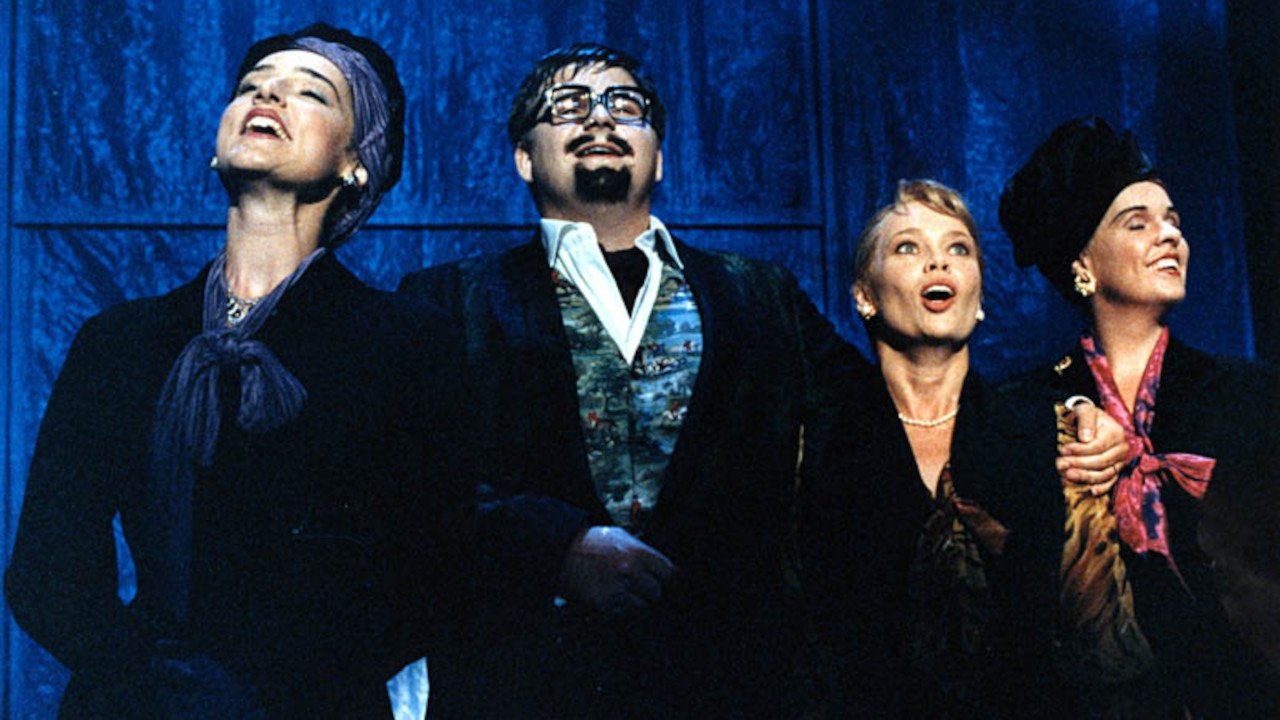
Fru Björks öden och äventyr (1995)
The story follows Vivian's life from young girl through two marriages, divorce, liberation and class trip, to a baglady.

The story follows Vivian's life from young girl through two marriages, divorce, liberation and class trip, to a baglady.
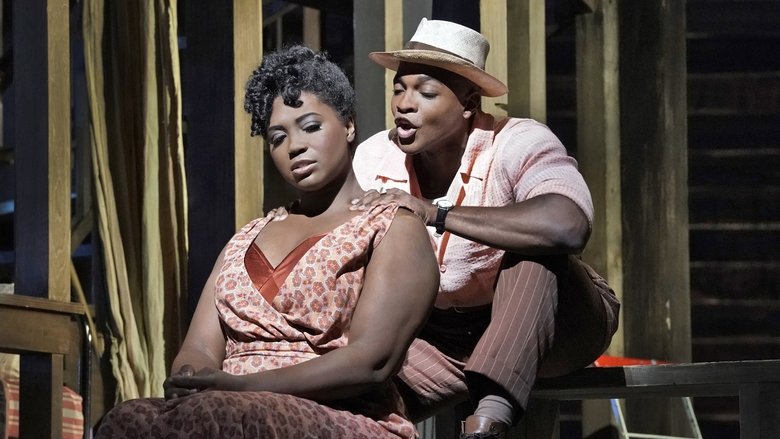
The Gershwins’ modern American masterpiece has its first Met performances in almost three decades, starring bass-baritone Eric Owens and soprano Angel Blue in the title roles. Director James Robinson’s stylish production transports audiences to Catfish Row, a setting vibrant with the music, dancing, emotion, and heartbreak of its inhabitants.
In the court of Princess Turandot, suitors who fail to solve her riddles are brutally killed. But when a mysterious Prince answers correctly, suddenly he holds all the power – and a glorious secret. When life hangs in the balance, can love conquer all?
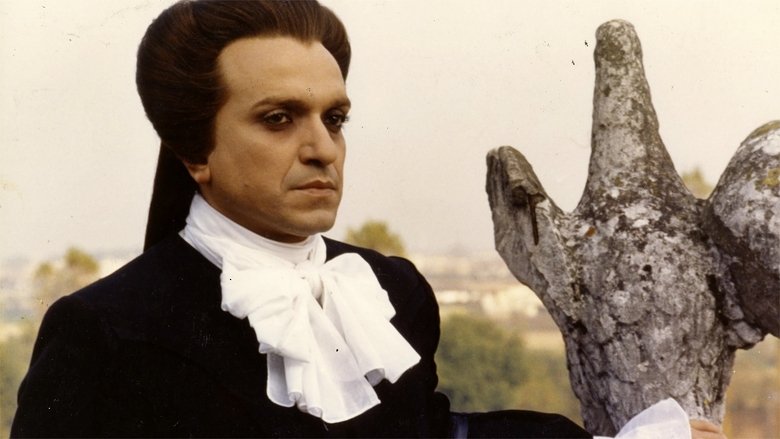
Screen adapatation of Mozart's greatest opera. Don Giovanni, the infamous womanizer, makes one conquest after another until the ghost of Donna Anna's father, the Commendatore, (whom Giovanni killed) makes his appearance. He offers Giovanni one last chance to repent for his multitudinious improprieties. He will not change his ways So, he is sucked down into hell by evil spirits. High drama, hysterical comedy, magnificent music!
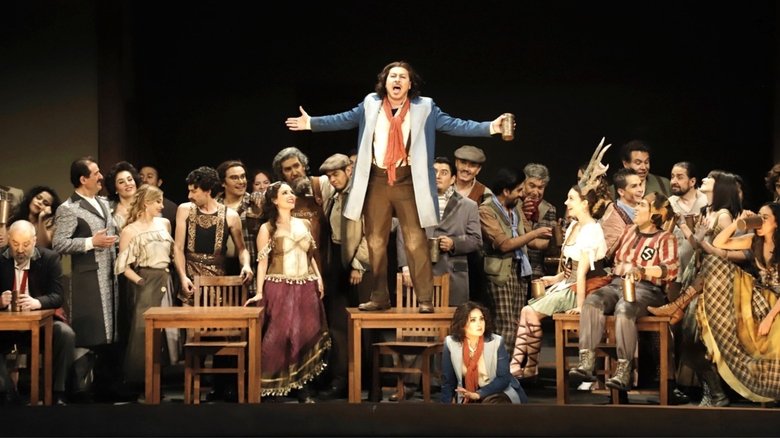
Opera in three acts, a prologue and an epilogue, by Jacques Offenbach (1819-1880), with a libretto in French by Jules Barbier (1825-1901), based on a work that Barbier himself and Michel Carré (1821-1872) had written based on stories by E.T.A. Hoffmann (1776-1822). Approximate duration: 2 h 45 min Recommended for those over 15 years old. The young poet Hoffmann, accompanied by Nicklausse, his alter ego and confidant, is in a tavern next to the theatre where Mozart's Don Giovanni is being performed. During the opera's intermission, some diners arrive at the bar who, upon seeing the poet, encourage him to sing and tell them the story of his famous love affairs. Hoffmann finally gives in and shares with them the stories of Olympia, Antonia and Giulietta. They, absorbed in the poet's stories, remain in the tavern, forgetting about the opera performance.
A colorful and comedic staging of the classic opera buffa by the Vienna State Opera.
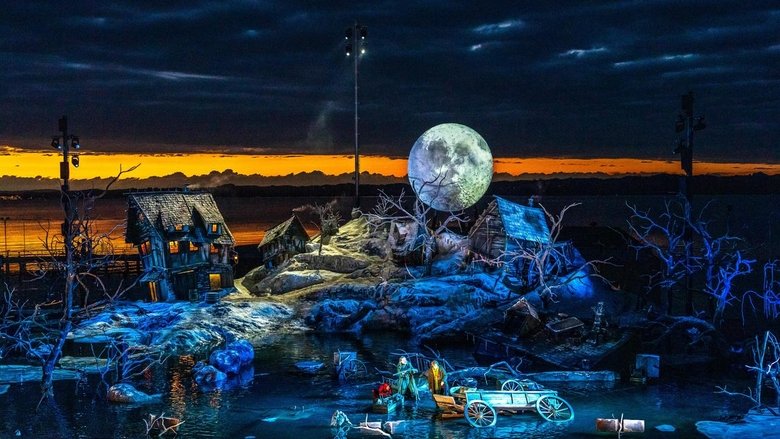
A godforsaken village in Germany shortly after the Thirty Years’ War: The young scrivener Max loves Agathe, daughter of the head forester Kuno. But to marry her, the inexperienced marksman Max must participate in an archaic tradition and score in a shooting trial – an unfulfillable challenge for him. The dubious war veteran Kaspar knows about this. He convinces the scrivener to meet him at Wolf’s Glen at midnight to forge “free bullets” that never miss their target. Max, who does not see any other way out of his unfortunate situation, sells his soul to the devil. Not knowing about the catch behind this deal: while six of the cursed bullets will hit the desired target, the seventh lies in the devil’s hands.
Offenbach’s mockery of bourgeois ideals, the sublimity of music and the institution of marriage ensures that the moralistic sermonizing of ‘Public Opinion’ falls on deaf ears. The mysterious figure of John Styx tells the story of behind-the-times Orpheus and his hacked-off Eurydice, of gods and goddesses seeking diversion, jaded with humdrum life in Olympus. He tells of the rebellion in the pantheon, which Jupiter adeptly averts by promising an amusement for his entourage. Burning with curiosity to see the beauteous captive and the contest between Jupiter and Pluto for Eurydice’s favour, the illustrious company embarks on an infernal ride to the underworld that culminates in what is surely the most wellknown can-can in the history of music. And what of Eurydice? She ends up putting a spoke in everyone’s wheel…
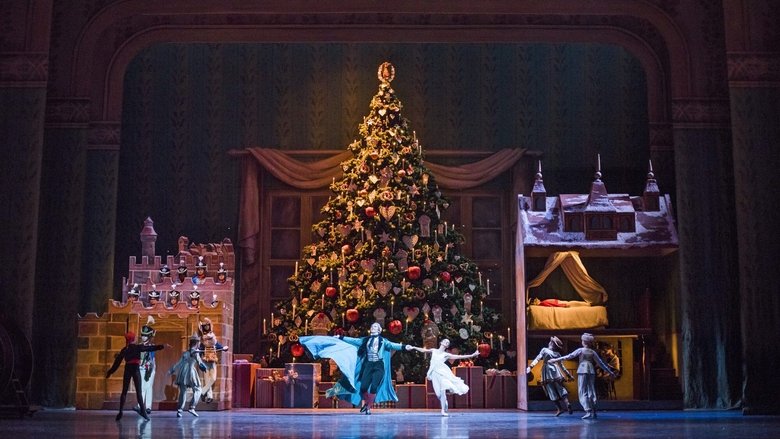
Clara is given an enchanted Nutcracker doll on Christmas Eve. As midnight strikes, she creeps downstairs to find a magical adventure awaiting her and her Nutcracker. The magician Drosselmeyer transforms the drawing room into a battle between mice and toy soldiers. During the battle, Clara saves the Nutcracker’s life – so breaking a magical spell that turned him from a boy to a toy – and the Mouse King is defeated. In celebration, Drosselmeyer sweeps Clara and the Nutcracker off to the Kingdom of Sweets, where they meet the Sugar Plum Fairy and take part in a wonderful display of dances. The next morning, Clara’s adventures seem to have been more than just a dream.
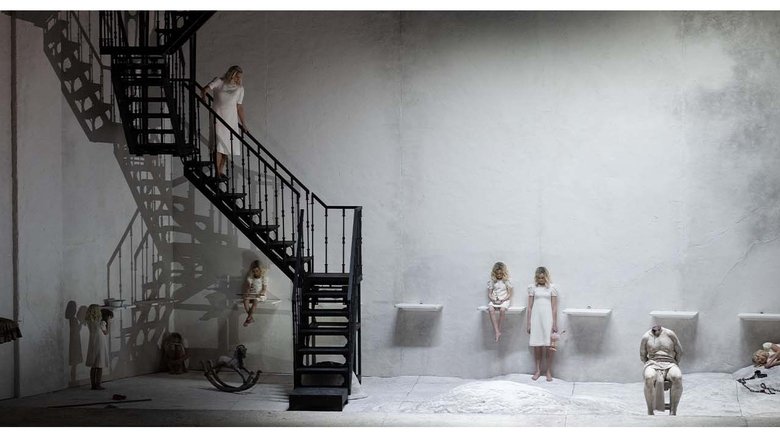
Met performances of Strauss’s white-hot one-act tragedy, which receives its first new production at the company in 20 years. Claus Guth, one of Europe’s leading opera directors, gives the biblical story—already filtered through the beautiful and strange imagination of Oscar Wilde’s play—a psychologically perceptive Victorian-era setting rich in symbolism and subtle shades of darkness and light.
Mezzo-soprano Aigul Akhmetshina headlines a winning ensemble as the feisty heroine, Rosina, alongside high-flying tenor Jack Swanson, in his Met debut, as her secret beloved, Count Almaviva. Baritone Andrey Zhilikhovsky stars as Figaro, the titular barber of Seville, with bass-baritone Peter Kálmán as Dr. Bartolo and bass Alexander Vinogradov as Don Basilio rounding out the principal cast.
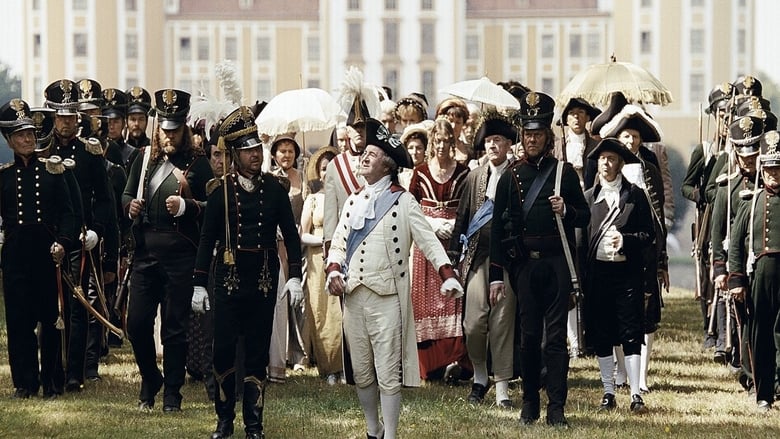
Inspired by Carl Maria von Weber's Der Freischütz, the film opera Hunter's Bride traces the romantic rivalry between two veterans of the Napoleonic Wars who each vie for the heart of the same woman.
This opera was filmed live at La Scala in 1992. The all-star cast includes Luciano Pavarotti, Samuel Ramey, aolo Coni, Daniela Dessi, Luciana d'Intio, and Alexander Anismov. Riccardo Muti conducts.
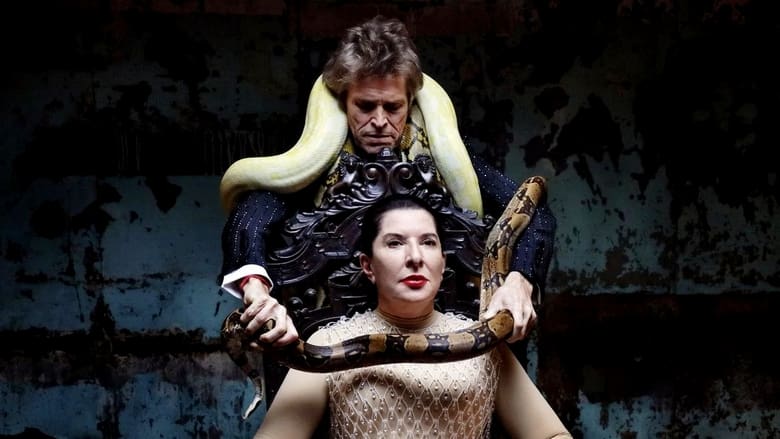
A meditation on the female body as a source of both power and pain that focuses on the tragic figure of renowned American-Greek opera singer Maria Callas (1923-77), whose stunning soprano voice captivated audiences around the world in the mid-20th century while her life was wracked by scandal and personal suffering.
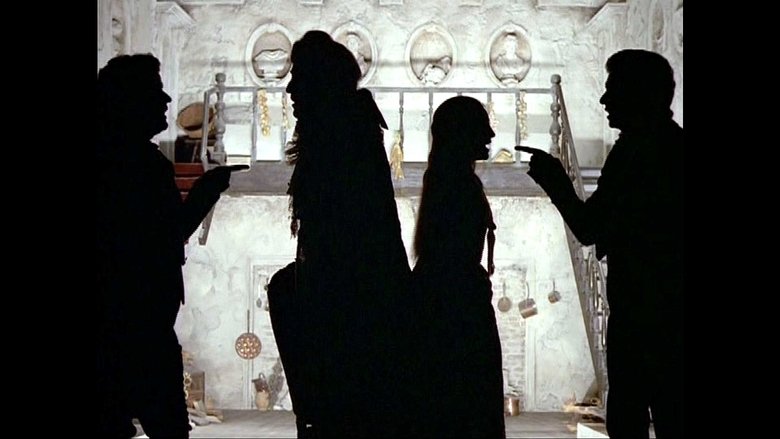
The Prince, Don Ramiro (who has changed places with his valet, Dandini), meets Cenerentola and they are instantly attracted to each other. When the Philosopher, Alidoro, later takes Cenerentola (dressed in magnificent clothing) to the palace, Dandini (still posing as the prince) tries to talk of love to her, but Cenerentola rejects him, saying that she is in love with his 'valet'. Ramiro, who has overheard this comment, is overjoyed, and immediately proposes to her, but Cenerentola says that he must first seek her out and then, if he still felt the same way, she would marry him. She gives him one of a matching pairs of bracelets, telling him to look for its companion on her right arm (she then leaves the palace). Ramiro ends the masquerade, and he and Dandini resume their true identities. The Prince then sets out on his quest - little realising that destiny, in the form of a violent thunderstorm, is about to take a hand in the affair.
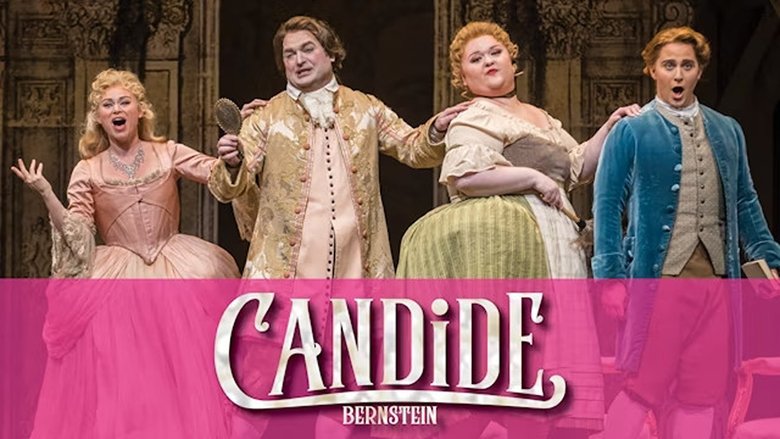
The innocent Candide discovers that human beings aren't all they are cracked up to be and ultimately focuses on building his own life on his own terms.
In an epic tale of good versus evil, Faust sells his soul to the Devil and tries to save Marguerite from an eternity in Hell.
Based on Gluck's masterpiece and performed entirely on location in and around the environs of the Baroque Theatre at the Cesky Krumlov Castle in the Czech Republic; it's an opera production designed specifically for the film with outstanding sets and production values. Countertenor Bejun Mehta sings the role of the torn main character and acts as an artistic advisor, making for an involving and impeccably performed opera.
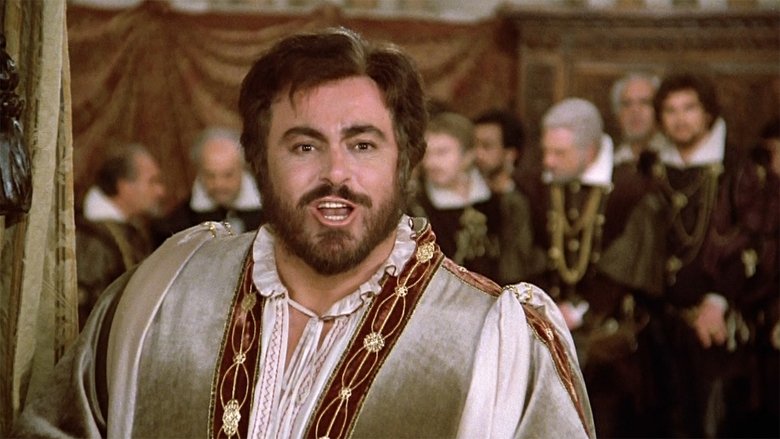
Rigoletto is a jester in the court of the Duke of Mantua. He has a hunch-back and he's rather unattractive, but he's good at his job of humiliating the courtiers for the amusement of the Duke. The courtiers, of course, are not amused. The Duke is a ladies man who feels his life would be meaningless if he couldn't chase every skirt he sees. In fact, we learn as the opera begins that he's recently been noticing a young lady every Sunday on her way to church, and he's vowed to have his way with her. What nobody realizes is that the girl is the jester's beloved daughter, Gilda, and that Gilda has seen the Duke every Sunday and is smitten with him. Suddenly Count Monterone appears at court, furious that the Duke has seduced his daughter. Rigoletto ridicules Monterone, the Duke laughs, and Monterone casts an awful curse on both of them. Later, the courtiers discover that Rigoletto is secretly living with Gilda...
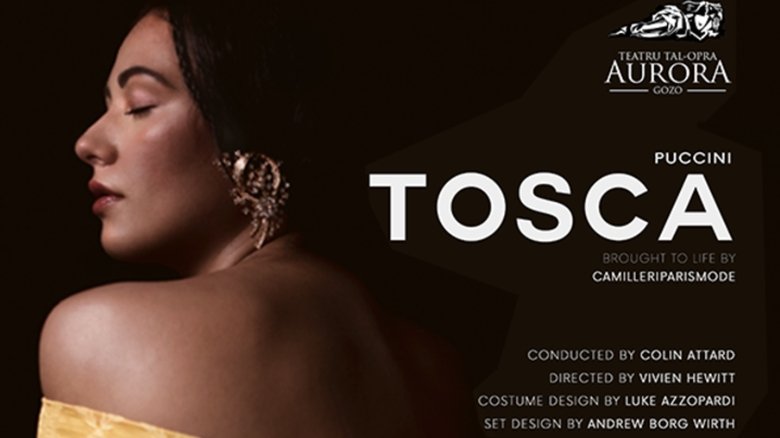
Tosca returns to the Teatru tal-Opra Aurora in a completely new production, under the direction of the renowned Vivien Hewitt, following the recent successes of 2011 (Aurora's own production) and 2014 (a Gaulitanus chorus production). Attracting the greatest names in the opera world since its first performance in Rome in 1900, Tosca 2011 brought the Aurora its largest ever international cast, featuring soprano Michele Crider, tenor Neil Schicoff, and baritone Juan Pons. This time, the Aurora has made a point of enhancing the star-quality element in the cast beyond just the three leading roles. It is with pleasure, and a good dose of enthusiasm, that we announce our stellar cast, composed of Amarilli Nizza (Tosca), Stefano La Colla (Cavaradossi), Marco Vratogna (Scarpia), Frano Lufi (Angelotti), Matteo Peirone (Sacristan), Cliff Zammit Stevens (Spoletta), Joseph Lia (Sciarrone), and our own Mattia Grech (Shepherd Boy).
Filmed production of Bizet’s Carmen at Earls Court in London, June 1989.